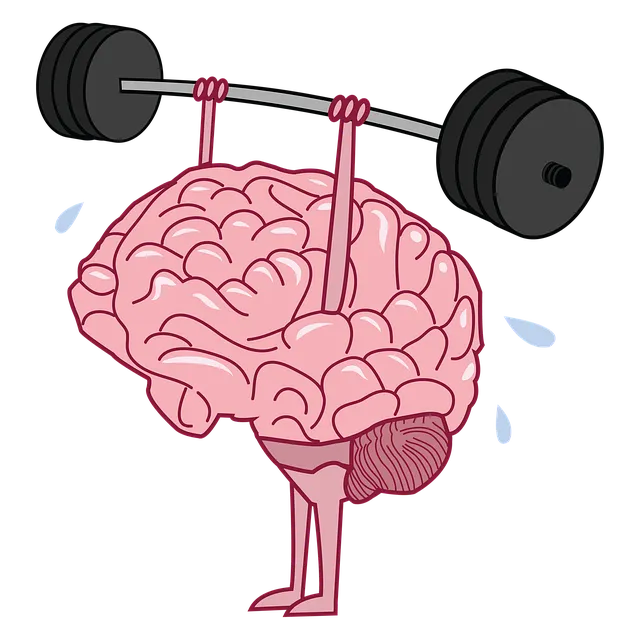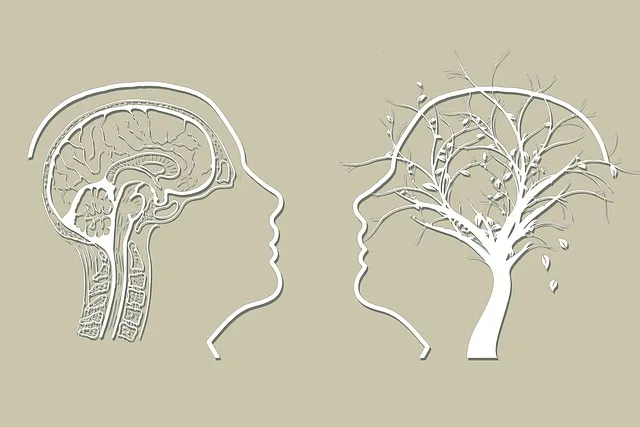Implementing Resilient Focused Mindset (RFM) at Kaiser Permanente's mental health facility in Westminster boosts patient care and outcomes through positive mindset cultivation and emotional regulation techniques. This approach integrates RFM into treatment plans, fostering self-efficacy, hope, and improved mental health. The model de-stigmatizes mental illness by combining open conversations, early interventions, and long-term resilience building, setting a leading example for integrated mental health services with benefits for both patients and staff.
“Resilience is a cornerstone of mental health recovery, especially in demanding environments like Kaiser Permanente mental health facilities. This article explores the Revolutionary RFM (Resilience, Flexibility, and Mental Agility) framework and its impact on enhancing resilience among staff at such institutions. We delve into the successful implementation of RFM exercises at Westminster, drawing lessons from the Kaiser Permanente model. By integrating these practices into daily routines, mental health facilities can foster a more adaptable and resilient workforce.”
- Understanding RFM and its Impact on Mental Health Facilities
- The Kaiser Permanente Model: A Leading Example
- Integrating Resilience Building Exercises into Daily Routines
- Benefits and Challenges of Implementation at Westminster
- Measuring Success and Future Directions for RFM Programs
Understanding RFM and its Impact on Mental Health Facilities

At Kaiser Permanente mental health facility Westminster, implementing Resilient Focused Mindset (RFM) and resilience-building exercises can significantly enhance patient care and outcomes. RFM is a framework that focuses on cultivating a positive mindset and developing coping skills to navigate life’s challenges effectively. By integrating Mind Over Matter principles into treatment plans, the facility empowers individuals to take control of their mental well-being.
This approach goes beyond traditional therapy by teaching practical emotional regulation techniques that support patients in managing stress, anxiety, and other mental health issues. Coping Skills Development through RFM enables individuals to build resilience, fostering a sense of self-efficacy and hope. Such proactive measures can lead to improved mental health outcomes and better overall well-being for patients at Kaiser Permanente Westminster.
The Kaiser Permanente Model: A Leading Example

The Kaiser Permanente Model exemplifies an innovative approach to mental health care, with its facilities like the Kaiser Permanente mental health facility in Westminster leading the way in resilience-building exercises and RFM (Risk, Frequency, and Motivation) implementation. This model focuses on proactive mental wellness programs aimed at preventing depression and managing stress among its diverse patient population. By integrating RFM strategies into routine healthcare, Kaiser Permanente has successfully reduced the stigma associated with mental illness.
Through a comprehensive understanding of individual risks, the frequency of mental health episodes, and patients’ underlying motivations for seeking help, this model empowers both patients and healthcare providers. It fosters open conversations about mental wellness, encourages early interventions, and promotes long-term resilience. The Kaiser Permanente approach serves as a beacon, demonstrating how integrated mental health services can revolutionize care delivery while addressing critical Depression Prevention and Stress Management initiatives within the community.
Integrating Resilience Building Exercises into Daily Routines

Integrating resilience-building exercises into daily routines at Kaiser Permanente’s mental health facility in Westminster can significantly enhance patient care and staff well-being. These practices, such as mindfulness meditation or stress management techniques, empower individuals to navigate life’s challenges more effectively. By incorporating these exercises into existing programs like Mental Wellness Coaching Programs Development, the facility promotes a holistic approach to mental health support.
Risk Management Planning for Mental Health Professionals becomes more robust when resilience is prioritized. When professionals are equipped with Mind Over Matter principles, they can better manage stress and maintain emotional balance. This, in turn, enables them to provide consistent, compassionate care. Ultimately, creating a culture that values resilience fosters an environment where both patients and staff thrive.
Benefits and Challenges of Implementation at Westminster

Implementing resilience-building exercises (RFM) at Westminster’s Kaiser Permanente mental health facility offers significant benefits for patients’ emotional well-being. These structured programs aim to enhance coping mechanisms, fostering a sense of control and resilience in managing stress and anxiety. For instance, RFM techniques can improve self-esteem improvement by empowering individuals with practical tools to navigate challenging situations, thereby providing them with better anxiety relief.
However, challenges may arise during implementation. Integrating these exercises into an already established mental health facility requires careful planning and consideration. Staff training is essential to ensure consistent and effective delivery of RFM programs, addressing potential time constraints and resource allocation issues. Moreover, tailoring the exercises to cater to diverse patient populations and individual needs poses a further challenge. Despite these obstacles, with proper support, Westminster’s Kaiser Permanente can unlock the full potential of RFM in enhancing patients’ emotional regulation and overall mental health outcomes.
Measuring Success and Future Directions for RFM Programs

Measuring the success of Resilience-Focused Mental Health (RFM) programs is a multifaceted process. Organizations like Kaiser Permanente’s mental health facility in Westminster have found that quantifying improvements in psychological hardiness, stress reduction, and overall well-being among participants provides compelling evidence of RFM’s effectiveness. This involves using standardized assessment tools to track changes before and after the program, enabling comparisons with control groups and baseline data. Qualitative feedback from participants through surveys or interviews also offers valuable insights into their experiences and perceived benefits.
Looking ahead, future directions for RFM programs include expanding community outreach initiatives like Public Awareness Campaigns and developing innovative practices such as Compassion Cultivation Techniques integrated into Stress Management Workshops. By fostering public understanding of mental health resilience and providing accessible resources, these organizations aim to promote a culture of well-being that extends beyond the confines of their facilities. This holistic approach aligns with the broader goals of Compassion Cultivation Practices, ultimately enhancing the overall mental health and resilience of communities served by such programs.
The implementation of RFM and resilience-building exercises in mental health facilities, such as Kaiser Permanente’s successful model, offers a promising approach to enhancing patient care at institutions like Westminster. By integrating these practices into daily routines, mental health facilities can create supportive environments that promote healing and resilience among patients. While challenges may arise during implementation, the benefits of improved patient outcomes and enhanced staff morale make RFM programs well worth pursuing. Future research and collaboration with organizations like Kaiser Permanente can further refine and expand these initiatives, ultimately improving the lives of those within mental health care systems in Westminster and beyond.






